The session brought together several MEPs who delivered uncompromising statements about the perceived link between mass migration and rising crime, the alleged hypocrisy of EU institutions, and the need to defend national borders and identity. The tone was urgent and confrontational: speakers accused EU leadership of failing European citizens and repeatedly emphasized the need for tougher measures on migration and stronger protection of women and children.
Key themes and hard-hitting examples
Victims, personal stories, and the demand for accountability
Several speakers used specific, tragic cases to illustrate their point. Anders Vistisen recounted alleged violent crimes across Europe — disturbing incidents that he connects directly to migration policy failures. Charlie Weimers shared a harrowing personal appeal, describing the case of Luna, a nine-year-old who now suffers irreversible brain damage after a brutal attack. These accounts were used to press the Parliament: when will you put the safety of mothers, sisters and daughters above ideology?
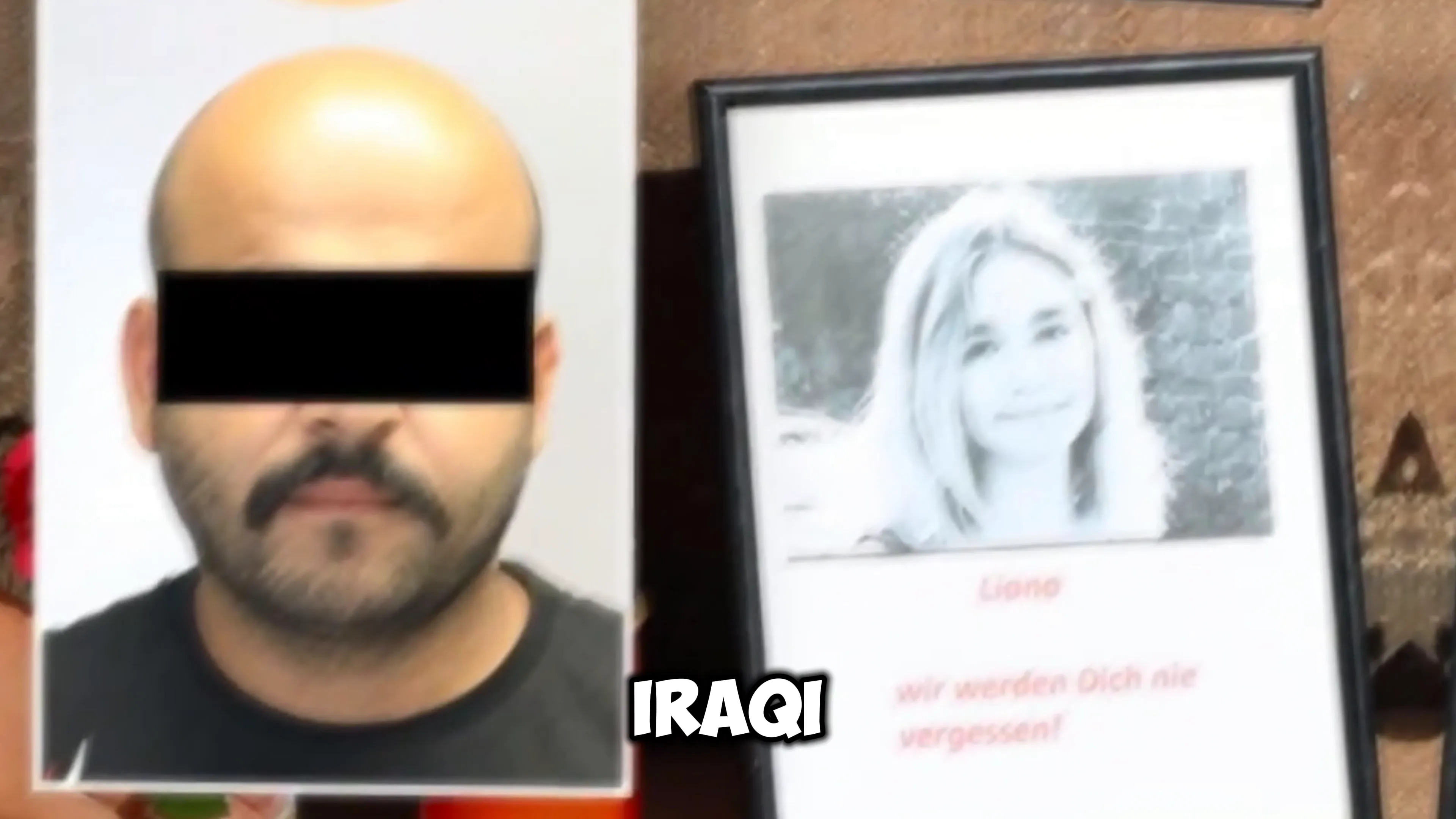
“Without mass migration, countless European women and children will still be alive today, spared from violence, abuse and exploitation.”
Speakers listed names and tragedies — Luna, Lola, Liana, Elin, Lisa, Alexandra, Saga, Philippine, Mia, Adriana — to humanize the statistics and demand action from policymakers.
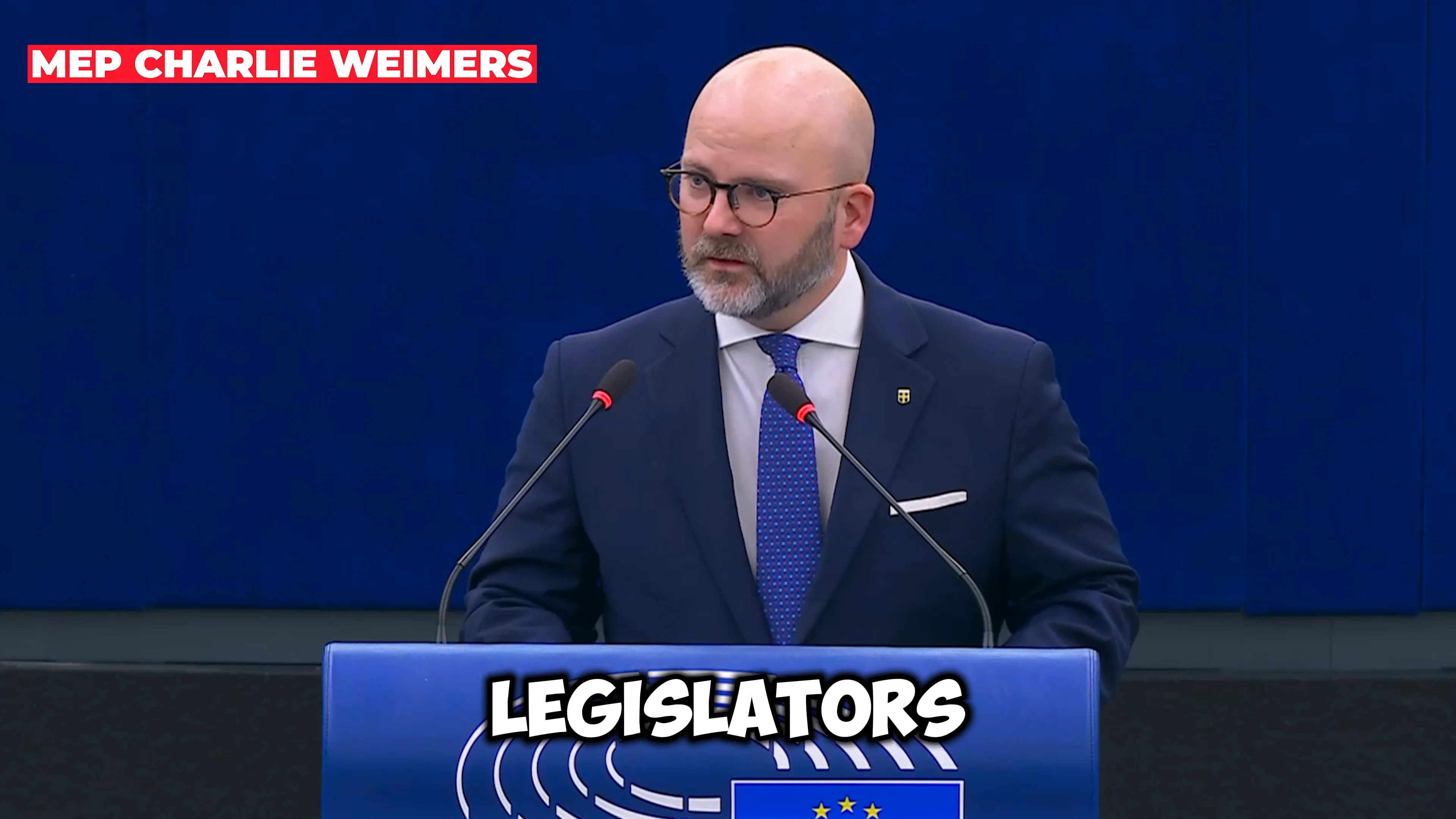
Crime statistics and border crossings
MEPs warned that illegal border crossings remain at a high level, recalling the record of 2015 when more than 1.8 million people crossed EU borders. They argued that the states still have not managed the consequences and that political accountability is lacking. Calls were made for a formal parliamentary inquiry into illegal migration in the EU to investigate ties between smugglers, NGOs and policy failures.
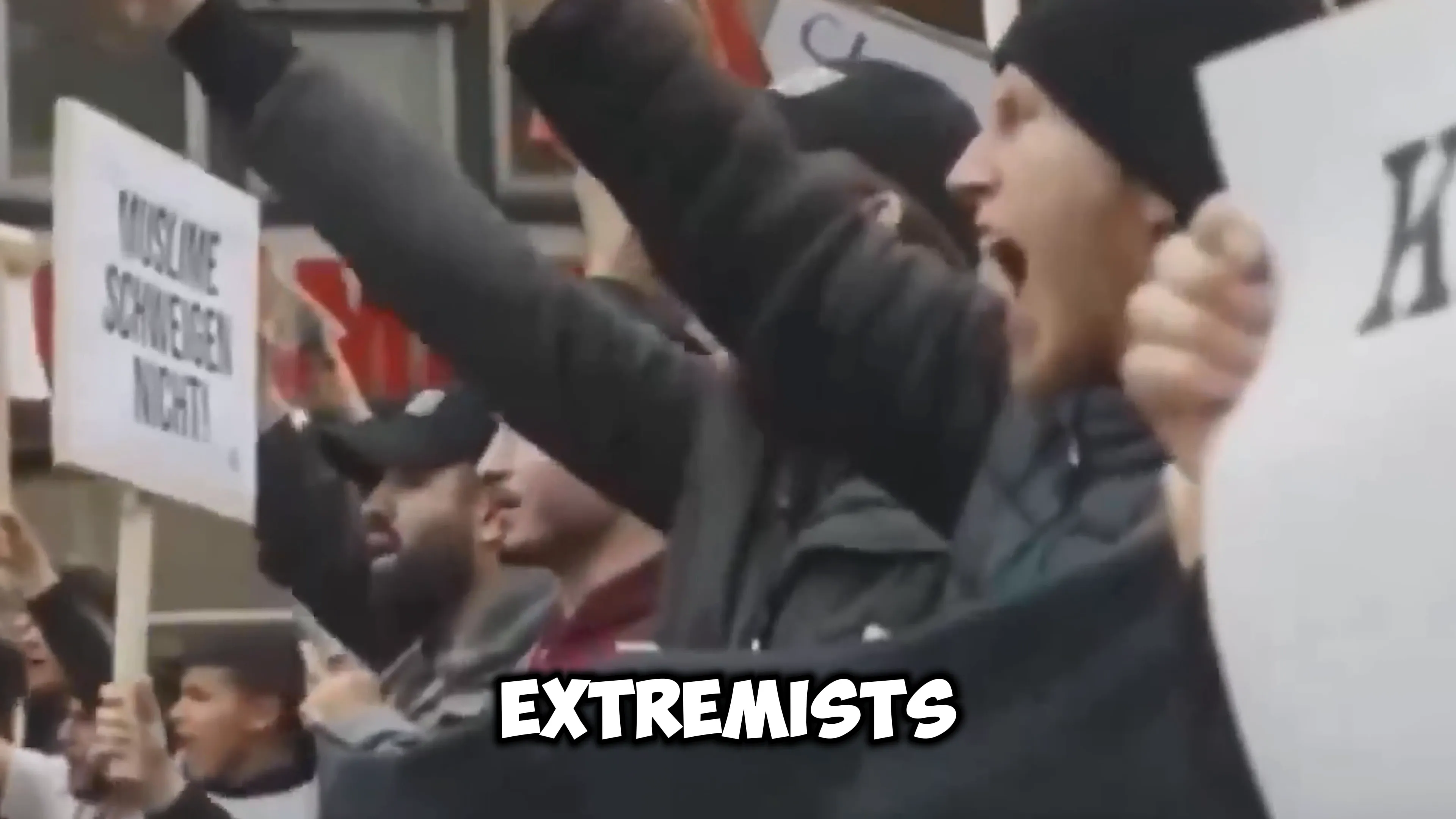
Policy, politics, and double standards
Hungary’s stance: fences, fines, and identity
András László defended Hungary’s long border fence, noting that Hungary “stopped more than 1 million illegal immigrants.” He framed the EU’s response — fines against Hungary while funding other borders — as evidence of double standards and hypocrisy. His message: Hungary will not yield; it will defend borders, women, and identity.
“We won’t give in, we won’t pay, we will defend our borders, we will defend our women, and we will defend our identity
Allegations of cultural and security collapse
Afroditi Latinopoulou delivered an incendiary critique of the past decade’s policies, blaming political leadership for opening Europe to groups she described as refusing to integrate. She warned of an “internal conquest” and used stark language to call out what she described as a betrayal by mainstream political forces across the center-left and center-right.
“They have turned half of Europe’s countries… into ghettos. They have left rapes, violence, murders and robberies to God’s mercy.”
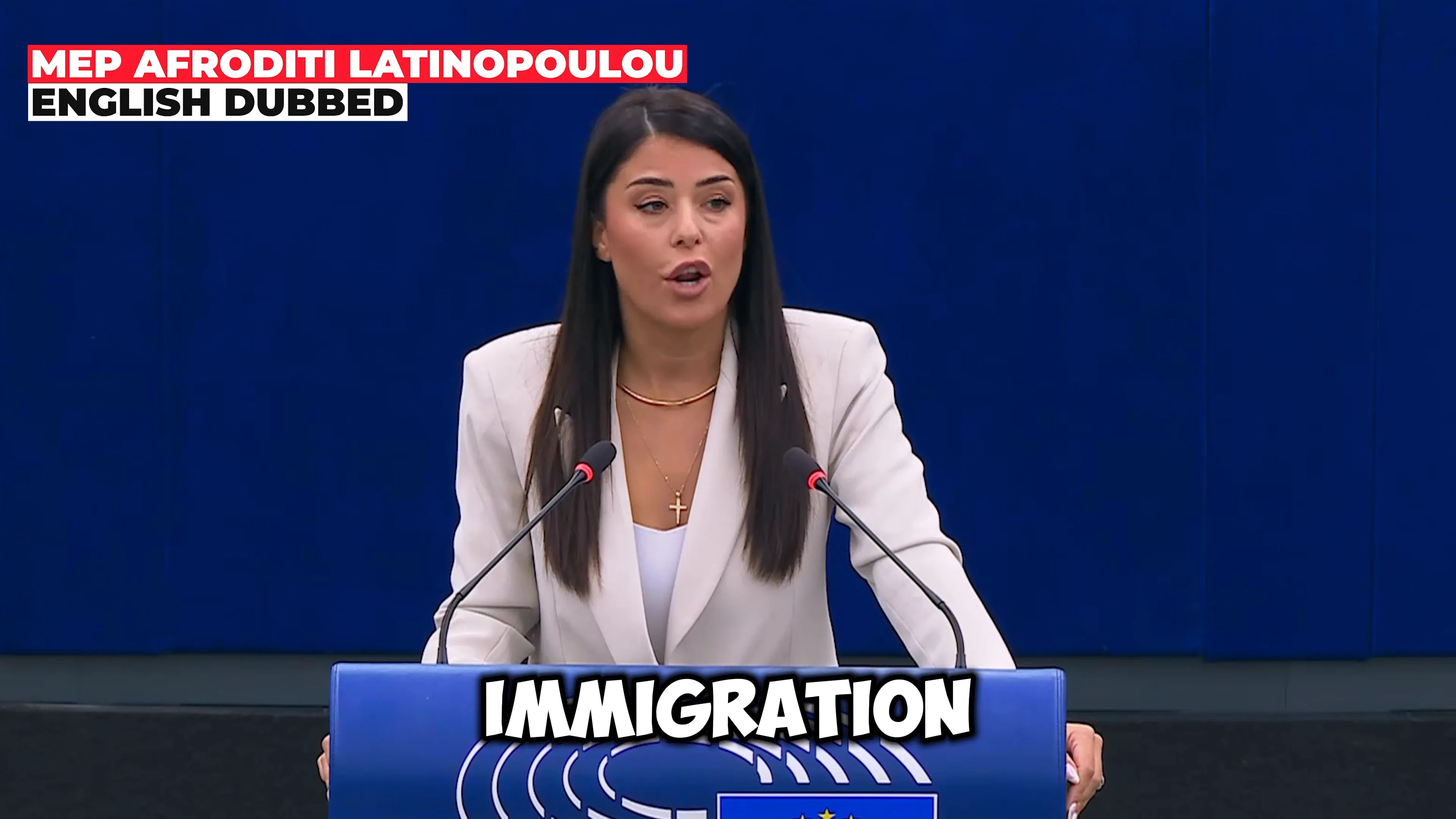
Free speech, propaganda, and the “democracy shield”
Christine Anderson shifted the argument from migration to democratic norms, arguing that the Commission’s so-called “democracy shield” is being used to protect narratives rather than citizens. She accused EU institutions of funding fact-checkers, pressuring platforms through the DSA, and labeling dissenting views as disinformation or hate speech — a tactic she described as a step toward totalitarianism.
“What you call protection of democracy is in fact protection of your illegitimate power grab… Without free speech there is only tyranny and totalitarianism.”
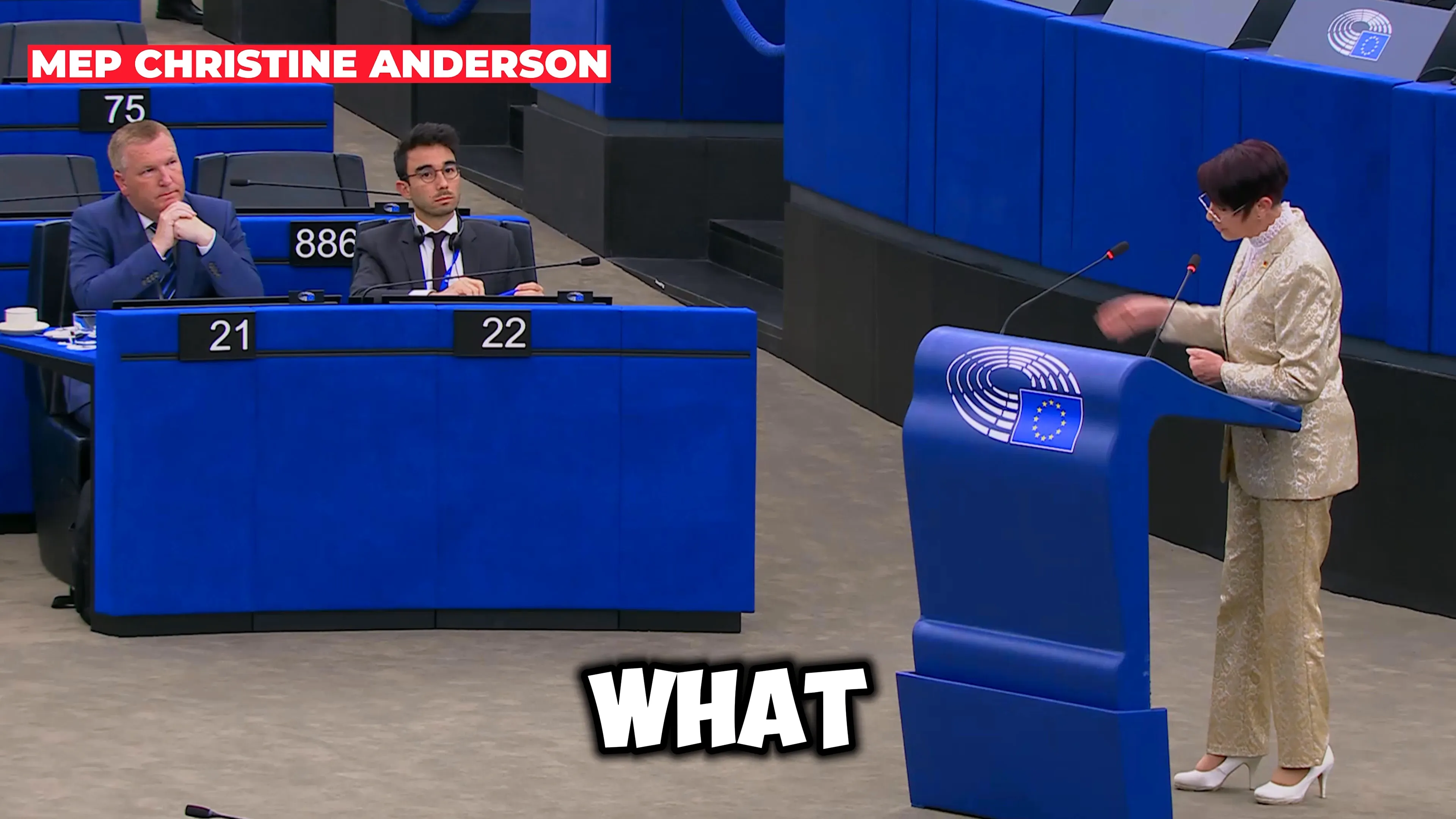
Concrete proposals and parliamentary action
Multiple MEPs pressed for institutional responses: strict border controls, indefinite detention policies in some countries, and a formal parliamentary inquiry committee on illegal migration in the European Parliament. The aim, they said, is to investigate why the EU “does not want to deal with mass legal and illegal migration” and to uncover any links between smugglers and NGOs.
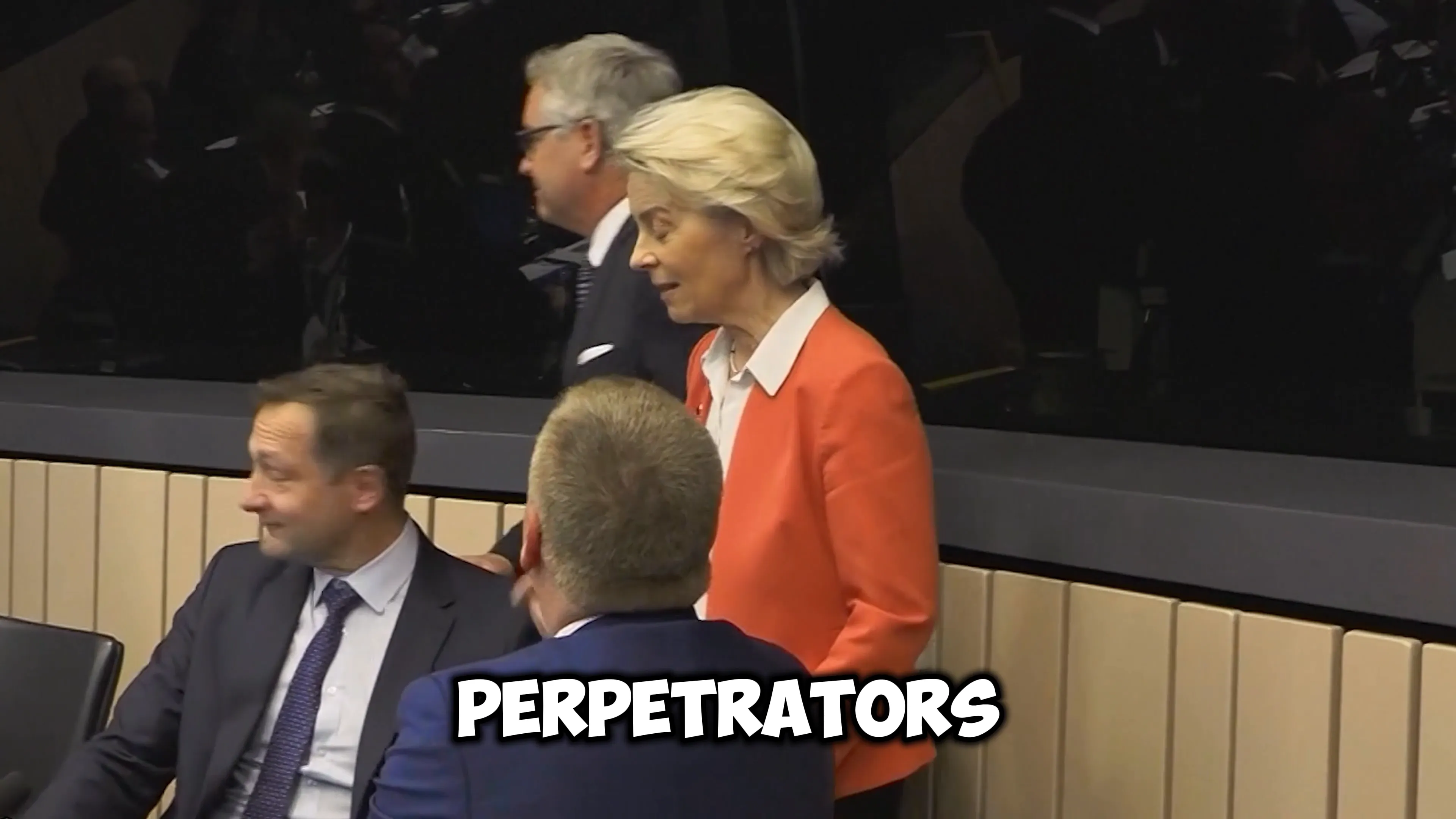
Rhetoric, responsibility, and international context
Speakers tied EU migration policy to broader geopolitical concerns. Dominik Tarczyński opened and closed the session with combative language, accusing EU leadership of leaving Europe weak while Russian drones fly over Poland, and castigating leftist critics for focusing on tariffs and foreign policy rather than migration.
“You are having another discussion about helping migrants, and you’re laughing, you’re not going to laugh for long… You do not understand your position.”
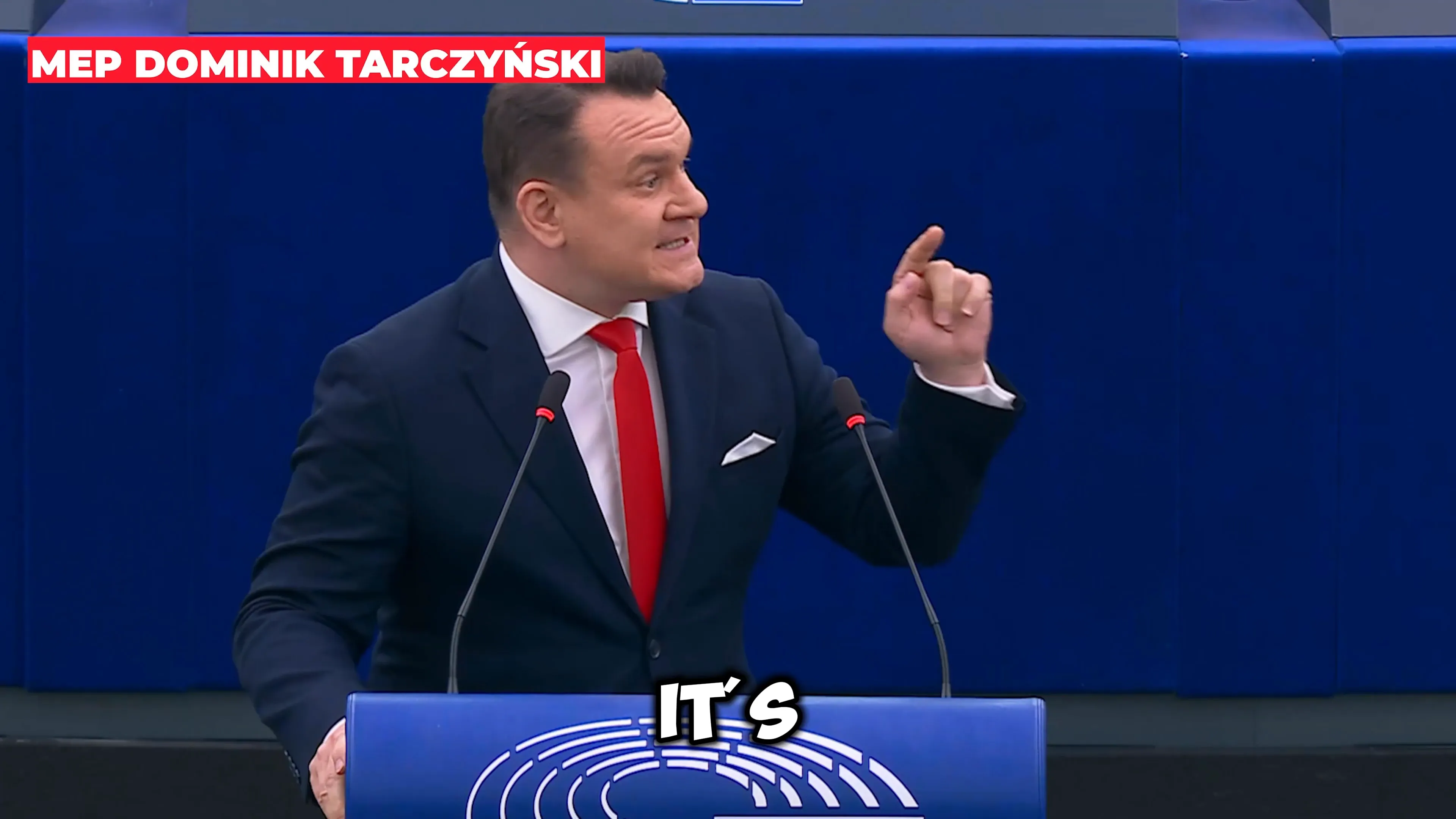
What this debate means for citizens and policymakers
- Security vs. compassion: The debate forces a difficult question — how can states protect citizens while meeting humanitarian obligations?
- Accountability: MEPs demanded clearer responsibility and oversight for migration policy outcomes since 2015.
- Institutional trust: Accusations about narrative control and the “democracy shield” highlight a breakdown in trust between parts of the Parliament and EU institutions.
Conclusion — a call to act and to listen
This session made two things painfully clear: emotions run high, and the issue of migration remains one of the most polarizing topics in EU politics. Whether you agree with the speakers or not, their message is a demand for urgent answers — on border security, victim protection, institutional transparency, and the balance between sovereignty and solidarity.
If you want Europe to move forward, policymakers must confront both facts on the ground and the deep anxieties of citizens. That means transparent investigations, humane but firm policies, and a debate that respects truth while protecting the vulnerable. The chamber showed that this debate is far from over — and that the stakes are very real.
